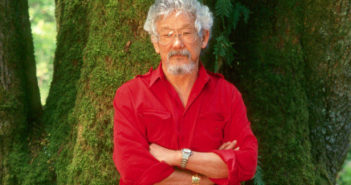
There’s No Time Left to Waste in Addressing the Climate Crisis
In 1989, I did a radio series for CBC called It’s a Matter of Survival. It…

In 1989, I did a radio series for CBC called It’s a Matter of Survival. It…

The world is on fire. Sometimes it seems not enough people care. We’re still electing…

Canada’s recent greenhouse gas inventory shows climate policies are working — but we still face…

By now, anyone paying attention knows that burning coal, oil and gas has created a…
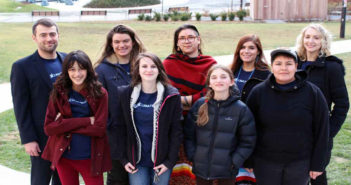
Over the past year, we’ve become increasingly aware of the disastrous impacts of climate change…

There’s little in the Intergovernmental Panel on Climate Change’s latest report that we didn’t already…

It should be evident that a national government has the authority to set policy regarding…

Another year, another record. Even with a global seven per cent drop in fossil fuel…

Sometimes we need to be reminded of the basics. During the COVID-19 pandemic, public health…

This year, “Earth Overshoot Day” came later than it has in 15 years — on…
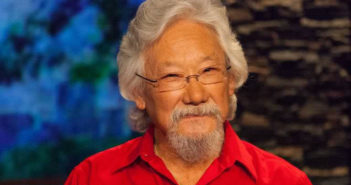
Most of us rarely think about concrete, but it’s the foundation of modern society —…

Over the past few months, heat records have broken worldwide. In early July, the temperature in Ouargla, Algeria, reached 51.3 C, the highest ever recorded in Africa! Temperatures in the eastern and southwestern United States and southeastern Canada have also hit record highs. In Montreal, people sweltered under temperatures of 36.6 C, the highest ever recorded there, as well as record-breaking extreme midnight heat and humidity, an unpleasant experience shared by people in Ottawa. Dozens of people have died from heat-related causes in Quebec alone.
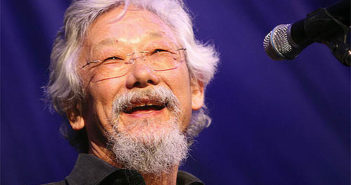
Canada is losing a lot of its wildlife. The World Wildlife Fund’s 2017 Living Planet Report Canada found half the monitored mammal, bird, reptile, amphibian and fish species declined from 1970 to 2014. Threatened and endangered species continue to disappear despite federal legislation designed to protect them and help their populations recover. What’s going wrong?

Canada is losing a lot of its wildlife. The World Wildlife Fund’s 2017 Living Planet Report…
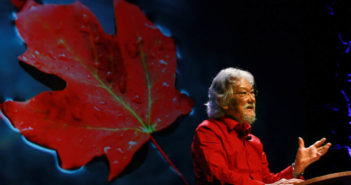
Brazil has flooded large swaths of the Amazon for hydro dams, despite opposition from Indigenous Peoples, environmentalists and others. The country gets 70 per cent of its electricity from hydropower. Brazil’s government had plans to expand development, opening half the Amazon basin to hydro. But a surprising announcement could halt that.
Brazil has flooded large swaths of the Amazon for hydro dams, despite opposition from Indigenous…
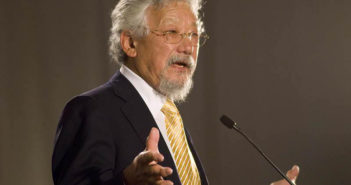
A year ago, we revisited the 1992 “World Scientists’ Warning to Humanity.” Signed by a majority of Nobel laureates in sciences at the time and more than 1,700 leading scientists worldwide, the document warned, “Human beings and the natural world are on a collision course.”
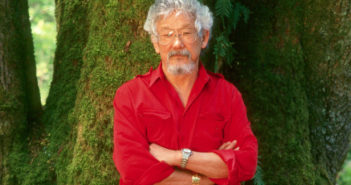
In withdrawing from the Paris Agreement, U.S. President Donald Trump demonstrated monumental ignorance about climate change and the agreement itself. As Vox energy and climate writer David Roberts noted about Trump’s announcement, “It is a remarkable address, in its own way, in that virtually every passage contains something false or misleading.”

In withdrawing from the Paris Agreement, U.S. President Donald Trump demonstrated monumental ignorance about climate…
As climate change advances and triggers more frequent and severe tropical storms, floods, droughts and…

The warmer temperatures experienced in the Arctic as climate change progresses lead to a greater release of methane when the permafrost melts. But methane is also being released when ice in thousands of lakes in the north melts in the spring and frozen methane bubbles are released.
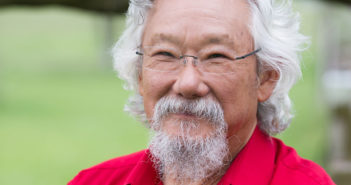
The longer we delay addressing environmental problems, the more difficult it will be to resolve them. Although we’ve known about climate change and its potential impacts for a long time, and we’re seeing those impacts worsen daily, our political representatives are still approving and promoting fossil fuel infrastructure as if we had all the time in the world to slow global warming.
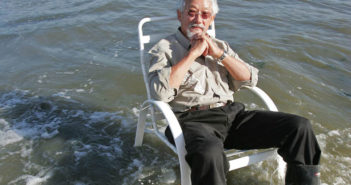
In the early 1990s, Germany launched Energiewende, or “energy revolution,” a program “to combat climate change, avoid nuclear risks, improve energy security, and guarantee competitiveness and growth.” Renewable energy grew from four per cent in 1990 to more than 27 per cent in 2014, including a significant increase in citizen-owned power projects, according to energy think tank Agora Energiewende.
In the early 1990s, Germany launched Energiewende, or “energy revolution,” a program “to combat climate change,…
